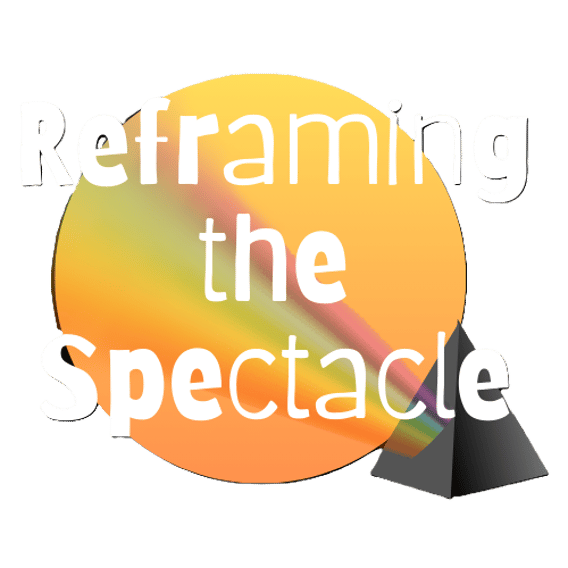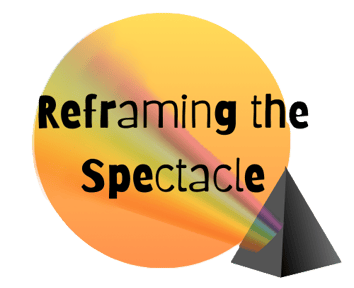Listening. An underrated superpower?
What is listening, how is it influenced and what are the benefits of being able to listen more deeply? Is this a superpower that humanity ahs neglected? Could it be an essential step inot a wiser way of being? A serties of 5 posts exploring listening. Disclaimer, there are few answers to be found, yet many questions. Sharing our ideas may take the harsh, tart edge off my ignorance, and create a more palatable essence. Join in, share your thoughts and let us see what emerges.
GENERALSOCIETYPSYCHOLOGYHUMANITYPHILOSOPHY
al
2/19/20255 min read


Listening
Welcome.
Listening. Truly hearing others. What does listening truly mean? Is it hearing the words, the message, the emotions and the experiences that have led to the message? Why would it be important? And what clouds the ability to hear others?
It seems that we all love to be heard, find it frustrating when we are not heard. Yet do we love the reciprocal listening as fondly?
The next 5 posts will explore the theme of listening. A curious little tale, a bit of adventure and lots of questions. Unfortunately limited in answers, so I invite you to join in, send a message, your thoughts and share your insight. Help explore a theme which mya be far more important that you thought.
Context of the listening, and what is going on behind the velveteen curtain? A simple act, or a much more meaningful experience?
We seem to find our world in a space where there is polarisation, a divergence in connection and ability to hear and understand alternative perspectives. Is it that we are struggling to be able to listen to alternative narratives? Does a limitation in ability to deeply listen and hear others create bubbles and divides?
Listening. Such a seemingly innocuous little thing, yet such an important aspect in all our lives. The act of listening and being heard. Driving so many of our foundational needs, our need for connection, our need to be understood, to be appreciated and valued. To have purpose and meaning in our lives, to share this with others. Through listening, paying attention, observing, we are able to grow from dependant toddlers to adults, able in differing degrees, to navigate the world around us. To shape it, to influence it and be influenced in turn. Without our ability to listen, hear, observe, where would we be? If only one source of input was permitted, how limited would our growth be? And this shaping is a two-way process. We shape, and we are shaped. Or are we shaped, and then shape? Perhaps, at different stages, the process shifts, is mutual, or omnidirectional. Either way, it does seem that the capacity to listen, to be able to truly hear, is a very strong formative process, that surely influences so much of our decision making processes, the values we fervently advocate, the beliefs that drive our actions and behaviours that we feel are validated by our previous experiences, learnt, processed and refined into our cognitive schemas.
One would think that such a vital skill would be the pinnacle of human endeavour, to seek the keenest ability to be able to listen to others deeply, to learn from each other, to refine our thoughts and continue to develop upon our wisdom and understanding. And yet, despite the seeming importance of listening, there seems to be an absence of this vital skill at times. Partners, neighbours, friends, in conflict over unmet needs. Organisations, countries, political groups, all vying for their own agenda, seemingly unable or unwilling to hear the perspectives of other similar groups. Maybe the inner needs or agendas drive this closure of listening, maybe there are dep seated human needs driving these patterns? Maybe the conflicting needs, values or desired outcomes make the process of listening more complicated, too difficult to make a decision if considering all the alternatives, too limiting for my own agenda, too uncomfortable to consider that what I strive for may not be entirely what I thought it was. And yet, it seems that closing off from other perspectives is the exact limitation of potential insight that can inform better choices or decisions. That can inform how we can move forward more successfully. Instead, the gulfs between people seem to widen, the isolation and separation can at times feel like insurmountable gaps, distances between loved ones, friends, neighbours, social groups, different cultures and people in far off yet seemingly close lands. And yet we persist, we endeavour to share our voices, to be heard, to be understood and to have others understand us and what we do, why we act and how we see the world. To agree, to acknowledge, and maybe validate us in the process.
Maybe deep down we recognise that collaboration, sharing and connecting, similar to creating a web of hand and limb clasping, like a human web, supporting each other to crawl our way forward, is inherently the most powerful process. And yet within, conflict seems to challenge that realisation. As to reach our hands out, to hold others and support them as we are likewise supported, requires some form of letting go, of allowing the possibility that alternative perspectives or thoughts may also hold some elements worth consideration, that maybe, just maybe, what we cling to so tightly in the form of self-belief, may not be as robust or complete as we may wish. Terrifying. Lack of control. And please, let’s be generous. We are human, we are perfectly flawed. Let’s start with that. Willing to explore ideas, yet willing to be open to possibilities of limiting thoughts, or blind spots in our own sagacious thinking. That way we have more open scope to accept the possibility that there may be different ways of thinking and seeing the world, that may also hold some form of validity.
This doesn’t suggest that person a or person b hold a more truthful version of truth than the other. Both perspectives have formed through the cultural upbringings, families, influences, values of their upbringing, biological framework, circumstances, experiences and interpretations. Both maintain the validity of their perspective, and rather openly question the veracity of the other. Both parties, convinced of their own respective validity, may look at the other with doubtful eyes, and scepticism and the flaws in the others thinking. And yet, both may be totally correct when viewed from the unique lens of their individual perspectives. Quite the quandary, how can there be multiple ‘truths?
To start with, who can be convinced that they hold the absolute truth? Could we suggest they hold an interpretation of the world around them, based on their experiences and influences. A far cry from ‘truth’ indeed. Yet maybe there is some element of insight and veracity in both perspectives, worth reflection and acknowledgement. But where? How do we find this gem, hidden deeply within the swirling mists of variabilities and variances?
Well, maybe we won’t be able to find that elusive truth so easily, but maybe we can try to come closer to understanding of how the other has formed their perspective, and maybe, in this process, we can enrich each other, or give insight into how we think, see, and how others think and see. If we were to hold tightly to our own vision of truth, then I imagine this process would be a little tricky. So maybe a starting point is to let go of the tight grip we hold on our own sense of wisdom, open slightly to alternative possibilities or ways of seeing things, and invite sharing. Listening to the other more deeply. Aiming to learn and grow from this process, to enriched each other, to explore suggest, that collectively, through sharing, and being open on both parts, the process of learning form others and being enriched can take place.
Ah, so many variables and uncertainty, I have no doubt that there are glaring holes that can be seen by the fresh eyes of another. Fortunate indeed that the whole discussion explores the limitations of a singular perspective (thus excusing and predicting my own limitations in thought), or the dangers of adhering too tightly to our own perspective. It also implies the hope of finding greater wisdom through the exploration of ideas collectively. Indeed, only through external input can we hope to continue to develop our own thoughts and insights. Who knows what may emerge. Curious?


